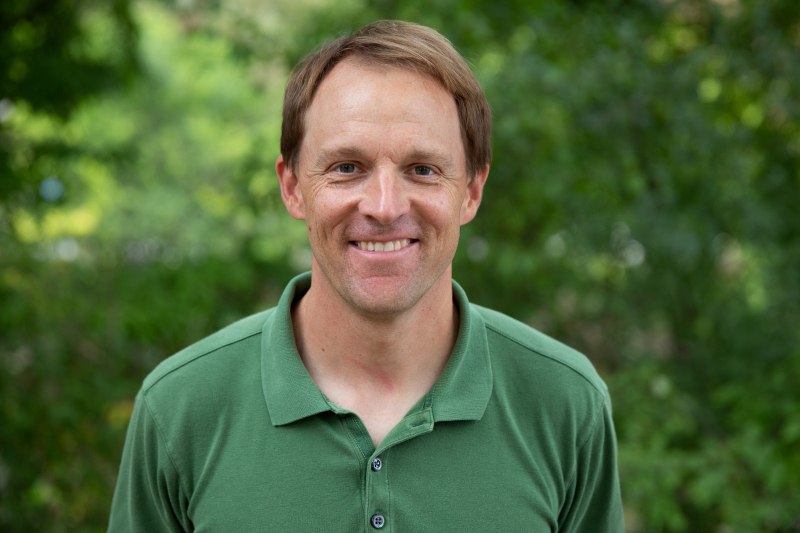
Historically, the field of science education has taken a deficit view of students’ thinking and communities, often framing their ideas as “misconceptions” and barriers to learning canonical content and practices. I argue that undermining students’ perceptions of themselves as knowers and participants in science through repeated acts of devaluing their ideas and communities leads to epistemic injustice. During our time together, we will explore how epistemic injustice is perpetuated in science classrooms. We will also examine how science teachers and students can collectively disrupt epistemic injustice by opening up opportunities for epistemic agency, in which students shape the knowledge production of their classrooms and communities. Next, we will consider how teacher preparation programs can support preservice science teachers to learn about and approximate equitable pedagogies designed to promote epistemic agency. Finally, we will think together about possibilities for interdisciplinary research collaborations and continued conversations about science teaching and learning.
Bio: David Stroupe is an Associate Professor of teacher education and science education, the Associate Director of STEM Teacher Education at the CREATE for STEM Institute, and the Director of Science and Society at State at Michigan State University. He has three overlapping areas of research interests anchored around ambitious and equitable teaching. First, he frames classrooms as science practice communities. Using lenses from Science, Technology, and Society (STS) and the History and Philosophy of Science (HPS), he examines how teachers and students disrupt epistemic injustice through the negotiation of power, knowledge, and epistemic agency. Second, he examines how beginning teachers learn from practice in and across their varied contexts. Third, he studies how teacher preparation programs can provide support and opportunities for beginning teachers to learn from practice. David has a background in biology and taught secondary life science for four years. David is the recipient of the Exemplary Research Award for the American Educational Association's Division K (Teaching and Teacher Education), the Early Career Research Award from the National Association for Research in Science Teaching, and "Research Worth Reading" from the National Association for Research in Science Teaching and the National Science Teacher Association.